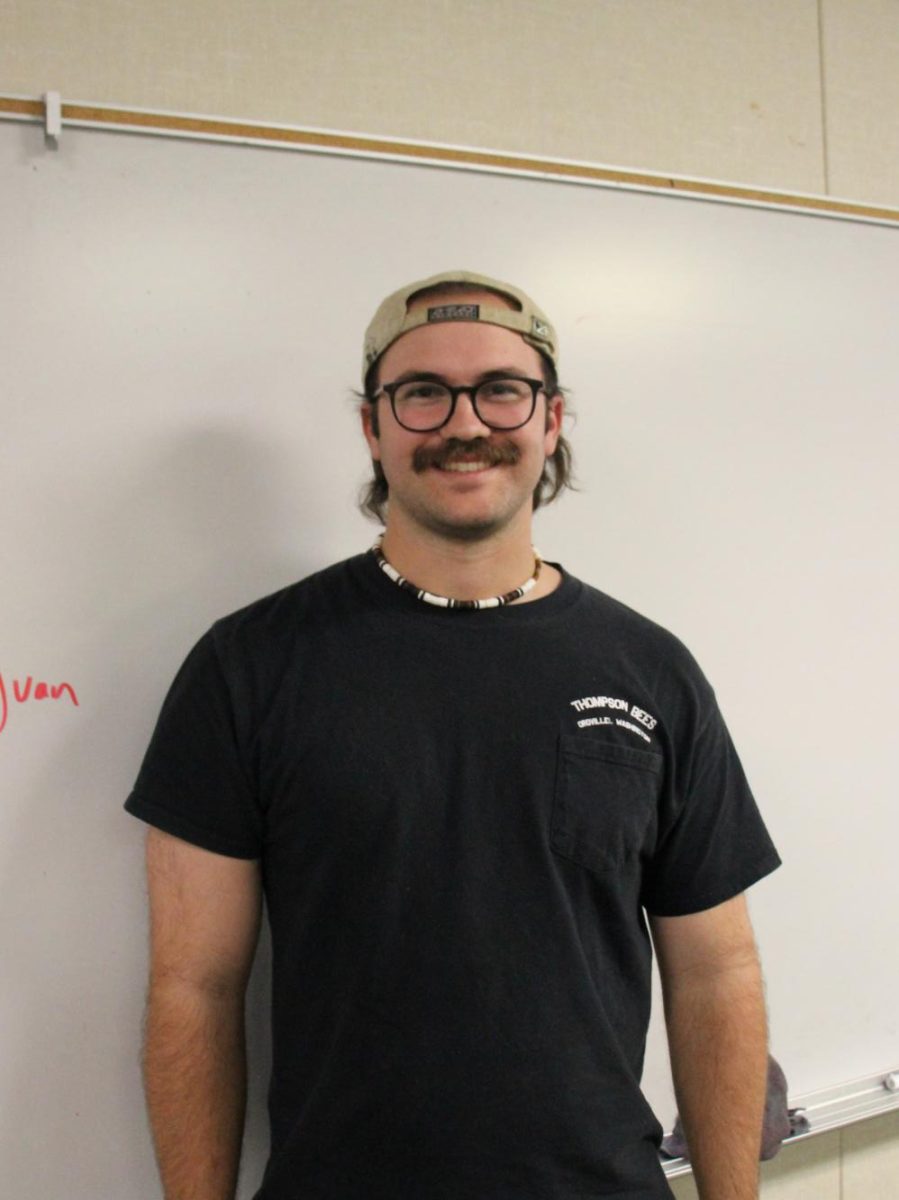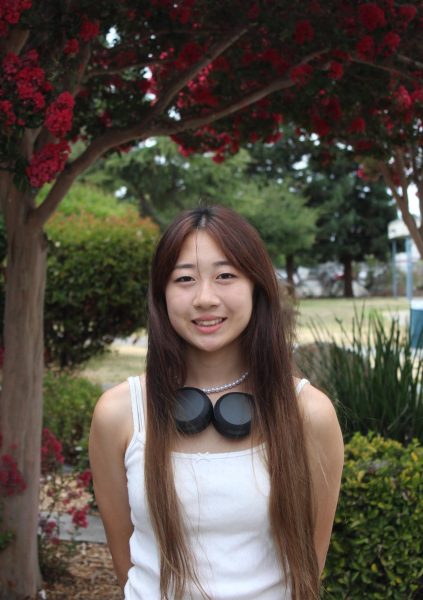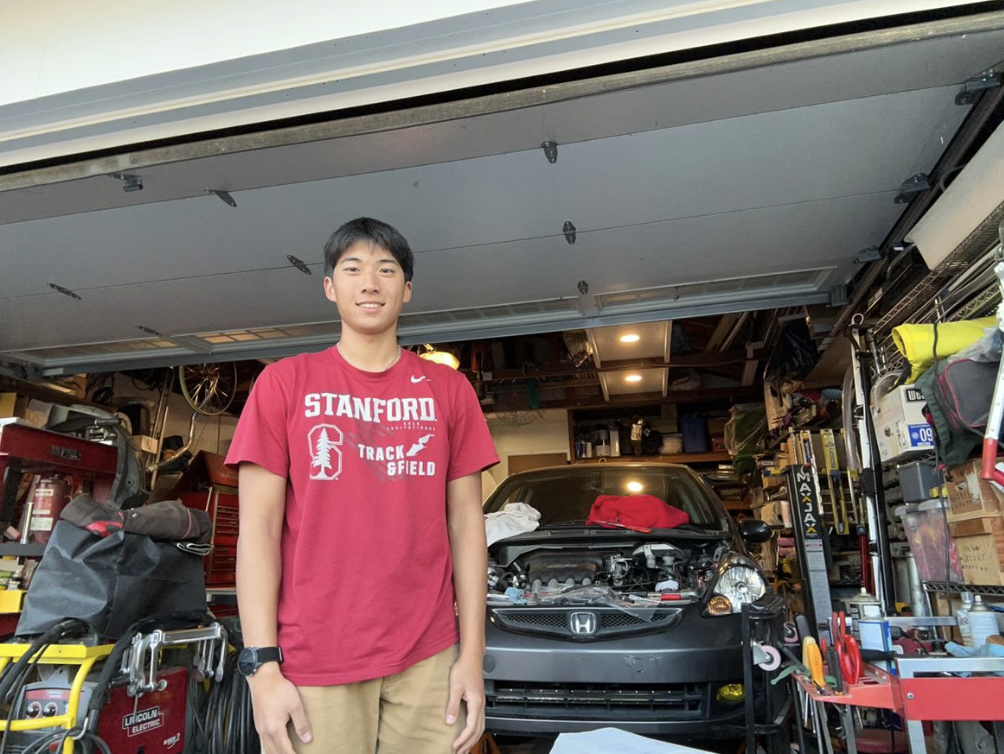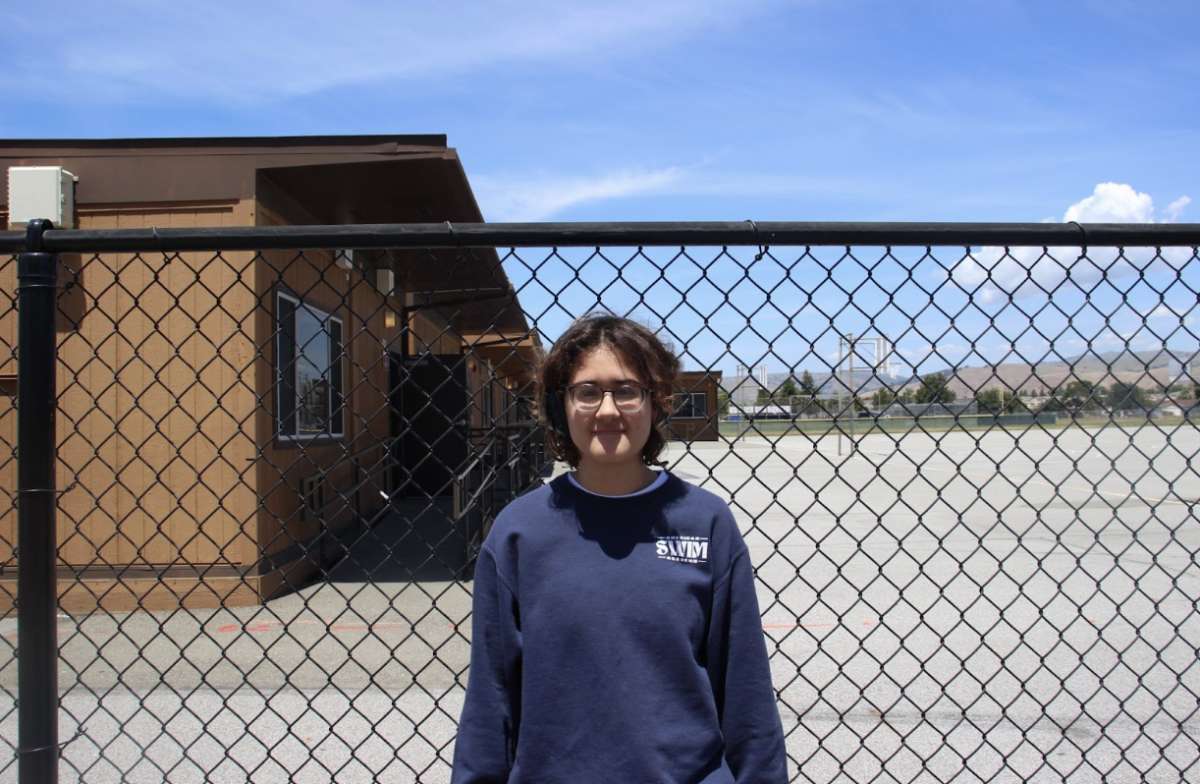MAX HOOLIGAMN: “I started water polo in eighth grade, joined the team a year after and played club at San Jose’s water polo club. A friend of mine said we needed a coach for this school, and at first, I didn’t really know much about Irvington, but I thought it’d be a fun experience.
Coaching is a lot of fun because I’m no longer the player, I’m the coach. At first, I wasn’t all that good at water polo, but once I started coaching, it turned out that I know a lot more about the sport than I thought I did. Games are a lot of fun in the moment, getting to tell the players: ‘We should do this,’ ‘This will help us win,’ and having fun. They work hard, but it’s also fun to play the sport itself.
There was this one game where the score was very tight and the opponent team was good at countering our drives. I wanted one of our players to shoot from outside. However, she said she was more comfortable with a drive, so I thought, ‘Do I listen to the player or myself?’ That was a hard decision, where I had to say: ‘Okay, we’ll do that’, which ended up not working.
Something else to adjust to was the management aspects of coaching. I know the sport pretty well, but communicating with other coaches, athletic directors, reps is a lot. When coaching, you have to separate your perspectives. What you say can be correct or definite, but you really have to empathize and sympathize with your players: what they might be going through, how they’re feeling, etc. So try and learn about yourself through that process as well.
One goal I have in mind for my team is definitely to improve as much as possible and develop a strong growth mindset. After a whole year of working hard and training for the next season, you’re going to be miles ahead of the level you’re at right now. I frequently make my players watch film from their past games to learn from these mistakes and not make those mistakes in the next game, but instead, make decisions that help them have better outcomes. I don’t want them to beat themselves up or break down over mistakes. It’s tough, but accept that it happened because it did happen, and figure out ways that you can improve next time.”











